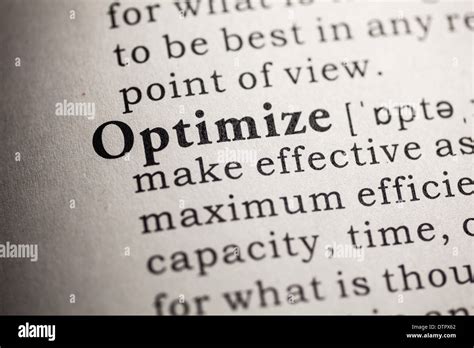Optimize post-workout recovery for rapid muscle gains and peak performance?

The Crucial Role of Post-Workout Recovery
Many athletes and fitness enthusiasts focus intensely on their training, pushing limits and striving for new personal bests. While consistent, challenging workouts are undeniably critical for progress, the period after your workout is equally, if not more, important for muscle growth, strength development, and overall athletic performance. This is when your body repairs, rebuilds, and adapts to the stress you’ve placed upon it. Neglecting recovery is like planting a seed and forgetting to water it; the potential for growth remains largely unfulfilled. Optimizing post-workout recovery isn’t just about feeling better; it’s about unlocking your body’s full potential for rapid muscle gains and sustained peak performance.
Effective recovery ensures that your muscles can repair micro-tears, replenish energy stores, and adapt to become stronger and more resilient. Without a strategic recovery plan, you risk overtraining, injury, plateaus, and chronic fatigue, ultimately hindering your progress rather than accelerating it.

Fueling Your Recovery: The Power of Nutrition
What you consume immediately after your workout sets the stage for muscle repair and growth. This isn’t just about an “anabolic window,” but about consistent, intelligent fueling. The two primary macronutrients to prioritize are protein and carbohydrates.
Protein for Muscle Repair and Growth
Protein provides the amino acids necessary to repair damaged muscle fibers and synthesize new ones. Aim for 20-40 grams of high-quality protein (whey, casein, lean meats, eggs, plant-based options) within a few hours post-workout to kickstart muscle protein synthesis (MPS).
Carbohydrates for Glycogen Replenishment
Intense workouts deplete your muscle glycogen stores, your body’s primary fuel source. Consuming fast-digesting carbohydrates (e.g., fruits, white rice, whole-grain bread) helps replenish these stores, preparing your body for the next training session and preventing muscle breakdown. A 2:1 or 3:1 ratio of carbs to protein is often recommended, depending on the intensity and duration of your workout.

The Unsung Heroes: Hydration and Sleep
Stay Hydrated
Water plays a vital role in virtually every bodily function, including nutrient transport, temperature regulation, and joint lubrication. Even slight dehydration can impair performance and slow recovery. Sip water consistently throughout the day, and be sure to replenish fluids and electrolytes lost during your workout.
Prioritize Quality Sleep
Sleep is arguably the most critical recovery tool. During deep sleep, your body releases growth hormone, which is essential for muscle repair and growth. It also helps regulate cortisol (the stress hormone) and restore mental clarity. Aim for 7-9 hours of quality sleep per night. Establish a consistent sleep schedule, create a dark, cool, and quiet sleep environment, and limit screen time before bed.

Active Recovery, Stretching, and Stress Management
Gentle Movement and Stretching
While rest is crucial, complete inactivity can sometimes prolong soreness. Engaging in light active recovery, such as walking, cycling at a low intensity, or yoga, can increase blood flow to muscles, helping to remove metabolic waste products and deliver fresh nutrients. Static stretching, foam rolling, and dynamic mobility work can improve flexibility, reduce muscle stiffness, and prevent injury.
Manage Stress Levels
Chronic stress elevates cortisol levels, which can hinder muscle growth and impair recovery. Incorporate stress-reducing activities into your routine, such as meditation, deep breathing exercises, spending time in nature, or engaging in hobbies you enjoy. A calm mind contributes significantly to a recovering body.

Putting It All Together: Practical Tips for Optimal Recovery
- Consistency is Key: Make recovery an integral part of your training plan, not an afterthought.
- Listen to Your Body: Pay attention to signs of overtraining, such as persistent fatigue, decreased performance, or mood changes. Don’t be afraid to take an extra rest day or deload.
- Supplement Smartly (If Needed): While whole foods should be the foundation, certain supplements like creatine, BCAAs, or magnesium might aid recovery for some individuals. Consult a professional.
- Cold/Heat Therapy: Some individuals find benefits from ice baths, cold showers, or hot baths to reduce inflammation and promote relaxation. Experiment to see what works for you.

Conclusion: Recovery as Your Performance Edge
Optimizing post-workout recovery is not a luxury; it’s a necessity for anyone serious about maximizing muscle gains, enhancing performance, and sustaining a healthy, active lifestyle. By prioritizing strategic nutrition, adequate hydration, quality sleep, active recovery, and effective stress management, you provide your body with the ideal environment to repair, rebuild, and come back stronger. Embrace recovery as an essential component of your fitness journey, and watch your progress accelerate to new heights.







